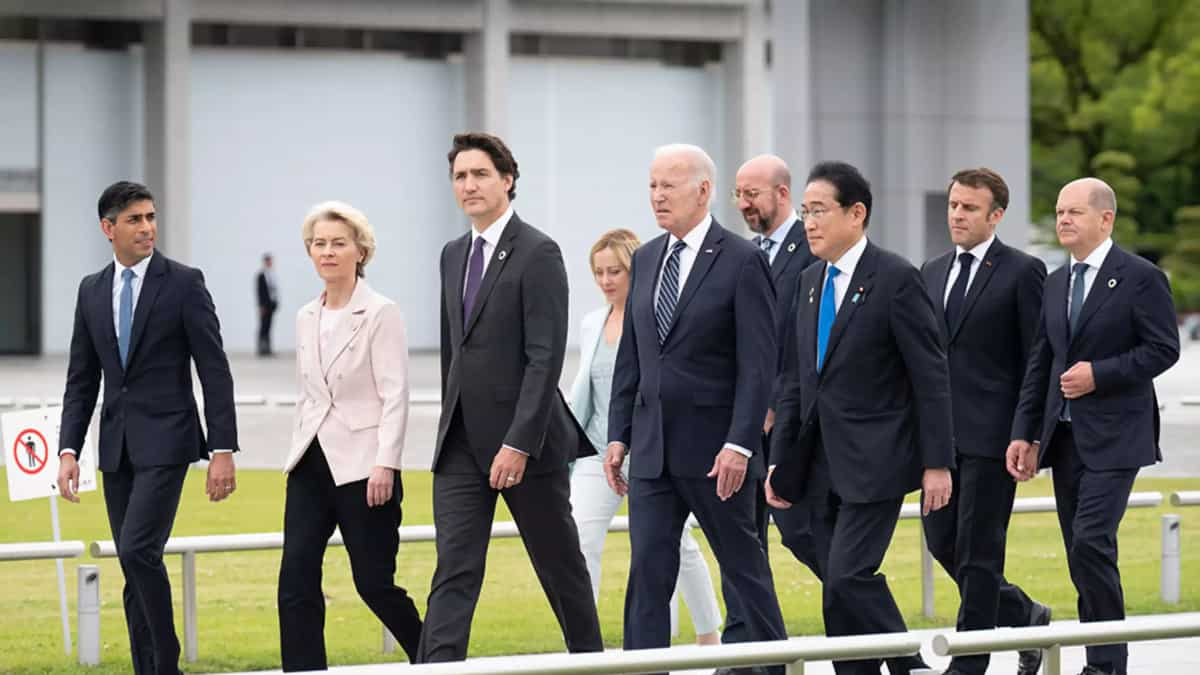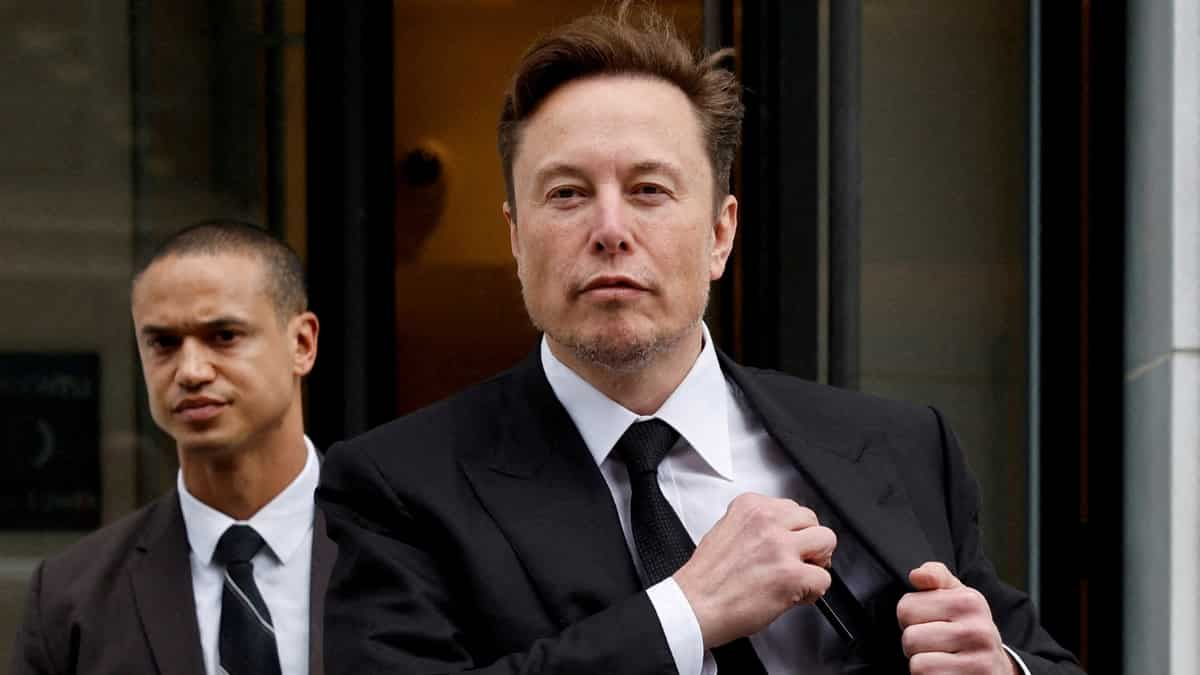
Politics
The Significance of Waning Enthusiasm for the Labour Party
A
Alice Hawthorne
Publicado hace alrededor de 1 año • 30 de mayo de 2024
Labour’s Position in Current Political Landscape
People may dislike the Government but it is difficult to see how Labour win a landslide when there is such little enthusiasm for them as an alternative. Or is it?
Surfing on a Wave of Revulsion
Most Labour MPs admit that they are riding on a tidal wave of revulsion against the Tories and a ripple of enthusiasm for Labour. A chance encounter with a Labour shadow minister confirmed how well Labour’s strategy is working. While people are eager to see the back of the Conservatives government, the prospect of a Labour one arouses little positive enthusiasm. Few people particularly want Labour to win. They just want the Conservatives to lose.
Public Perception and Poll Results
Labour may have a huge lead in the polls, but only a small percentage attribute it to the party’s policies. The majority believe it’s either due to the Conservatives’ performance or a general desire for change.
Cautious Approach and Voter Sentiment
There is a perception that Labour has become too cautious, with a significant portion of voters feeling that it wouldn’t make much difference who was in power. Even among Labour supporters, there is a sense of skepticism.
Historical Perspective
In 1997, a similar lack of enthusiasm was observed towards Labour, despite their lead in the polls. Some analysts saw this as a positive, indicating a strong desire to change the ruling party rather than overwhelming support for Labour.
Current Reflections on Political Enthusiasm
The narrative of limited enthusiasm for Labour echoes both past and present political climates. The lack of passion is viewed differently by various commentators, with some seeing it as a necessary element for change.
Final Thoughts
Debates continue on the significance of enthusiasm in political victories. While a lack of fervor may not be ideal, it raises questions about the nature of electoral success and the role of public sentiment in shaping political outcomes.
Sign up for Political Insights
Stay informed about the latest discussions among MPs and Peers. Subscribe to The House’s morning email for exclusive insights and reactions from key political figures and organizations.
Sobre el autor
A
Alice Hawthorne
Alice is a freelance writer from London with a keen interest in exploring and illustrating the complexities of urban and political life in the UK. Through her contributions to various online platforms, she offers insightful analysis into economics, politics, and lifestyle, constantly seeking stories that strike a chord on both a personal and collective level. With a commitment to depth and authenticity, Alice is devoted to unveiling and sharing the nuances of British society with a global audience.
Artículos relacionados

World
Aca un enlace a Interamplify Political Shift in South Africa The South African rand fell 1% against the US dollar in early Johannesburg trade on Thursday, hitting its weakest point in four weeks. Partial results from South Africa’s national election indicated a significant political shift, with the African National Congress (ANC) potentially losing its parliamentary […]
A
Alice Hawthornehace alrededor de 1 año



